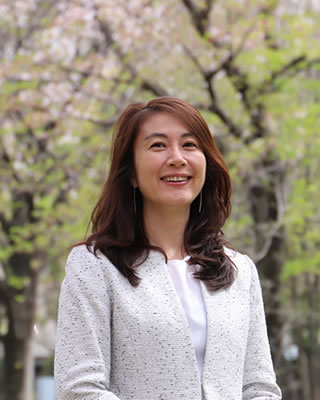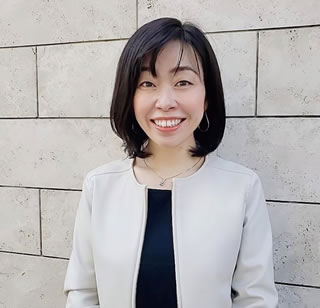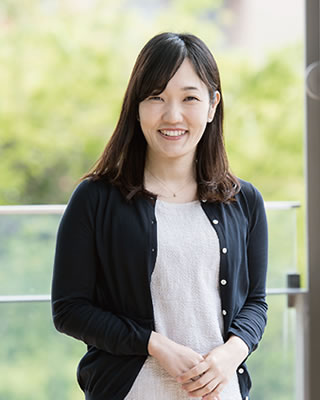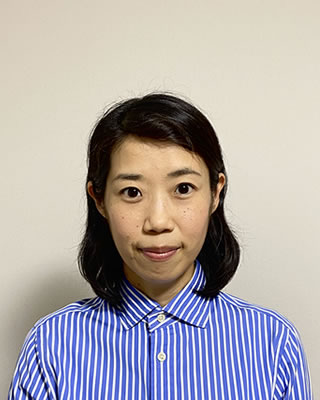About AISPA
Association of International Simulated Patients for Multicultural Healthcare (AISPA)
About US
The number of foreign residents in Japan has been increasing every year. However, the lack of a system to provide them healthcare services has been a problem in the healthcare field for many years. In 2012, the Japanese government launched a system called Japan Medical Accreditation for International Patients (JMIP) to clarify the healthcare needs of international patients, and in 2016 began training medical interpreters. In 2019, the Ministry of Health, Labour and Welfare started to build a hub hospitals that take care of international patients. Although the development of systems and institutions has been initiated, the education of the healthcare staff has hardly made progress. To meet the ever-increasing healthcare needs of international patients, the establishment of the Association of International Simulated Patients for Multicultural Healthcare (AISPA) is timely and crucial. In collaboration with international patients to achieve a better healthcare environment, we provide opportunities for the healthcare staff to learn how to care for international patients and to deepen understanding of the needs of providers and users of healthcare services.
Activities
1. Participation in simulation programs
a) Serve as a simulated patient in a hospital or medical institution according to the simulation program scenario
b) Provide feedback to the medical staff after the simulation program
2. Workshops
a) Learn the rules on how to be a simulated patient
b) Understand the scenario and practice as a simulated patient
* We plan to hold 2 to 3 workshop sessions a year. Participants need to attend one of these workshops before being eligible to participate in a simulation program.
Registration as a simulated patient
- Learn more about the schedules and activities of the simulation program from our e-mail correspondence after you have joined AISPA
- Let us know your intention of interest for joining the simulation program if your schedule fits any of our programs and activities.
- Details of the simulation program will be sent by e-mail
- After completing the simulation program, pictures of the activities will be posted on our website
Benefits of participating in activities
- Membership in Japan’s first association of international patients and contributions to the improvement of the quality of healthcare in Japan
- Contributions to the training and development of the healthcare staff and students who will be future healthcare professionals
- Opportunities to help international patients who feel uncomfortable in the Japanese healthcare field
Future programs
We will have a meeting sometime around 2020 after we complete our simulation program. The venue will be at St. Luke’s International University (10-1 Akashi-cho, Chuo-ku, Tokyo) which is 3 minutes walk from Tsukiji station or 5 minutes walk from Shintomichou station. Information will be sent by email in advance.
If you have any questions, please feel free to contact us.
Staff
Yukari Igarashi, AISPA representative
St. Luke’s International University
Women’s Health & Midwifery, Professor,PhD

Edward Barroga, AISPA Deputy representative
St. Luke’s International University
Academic and Scientific Writing, Professor, PhD

Miyuki Oka, AISPA Deputy representative
St. Luke’s International University
Women’s Health & Midwifery, Assistant Professor,PhD

Kana Shimoda, AISPA Deputy representative
St. Luke’s International University
Women’s Health & Midwifery, Assistant Professor,PhD

Kazu Kaihara, Coordinator
Medical English Education

